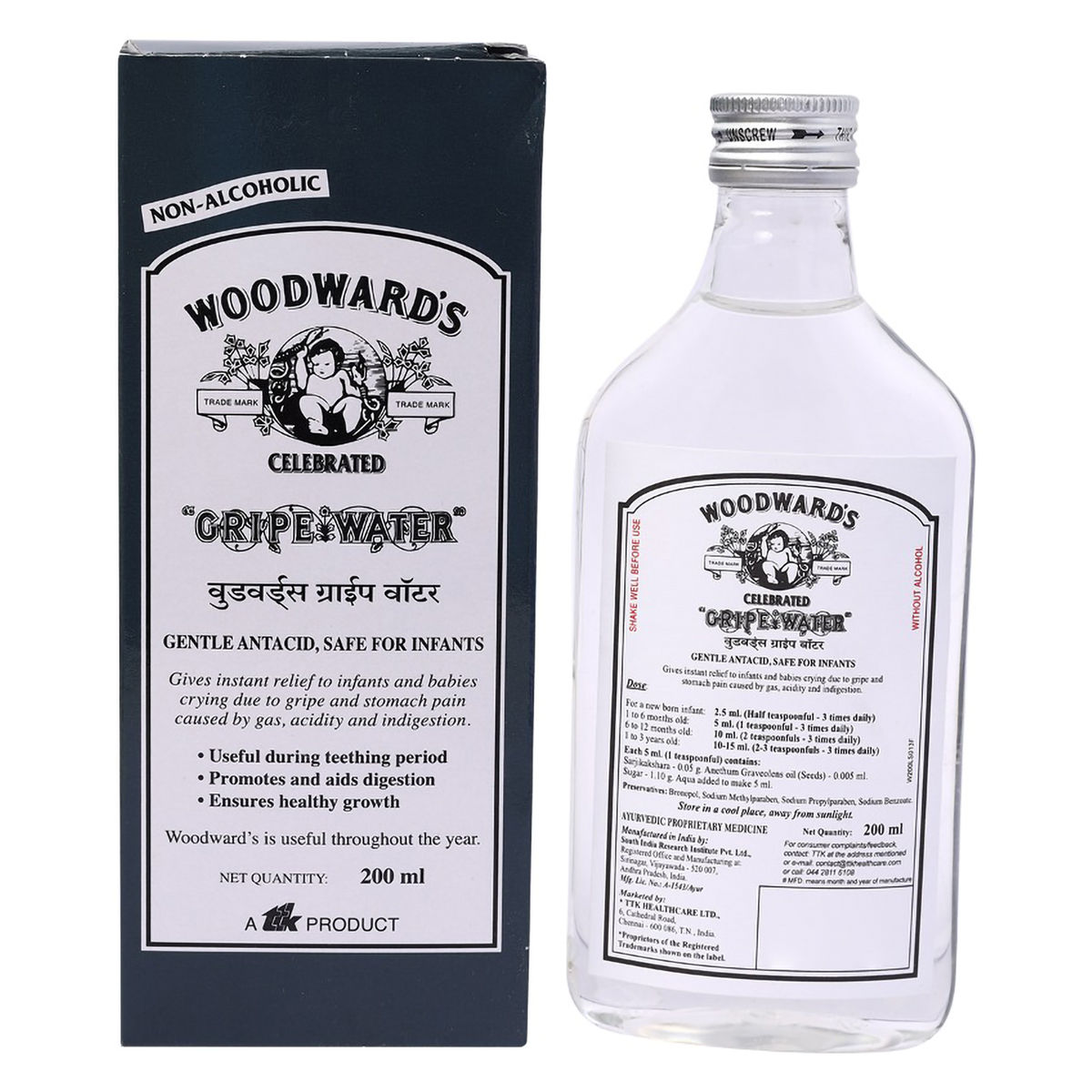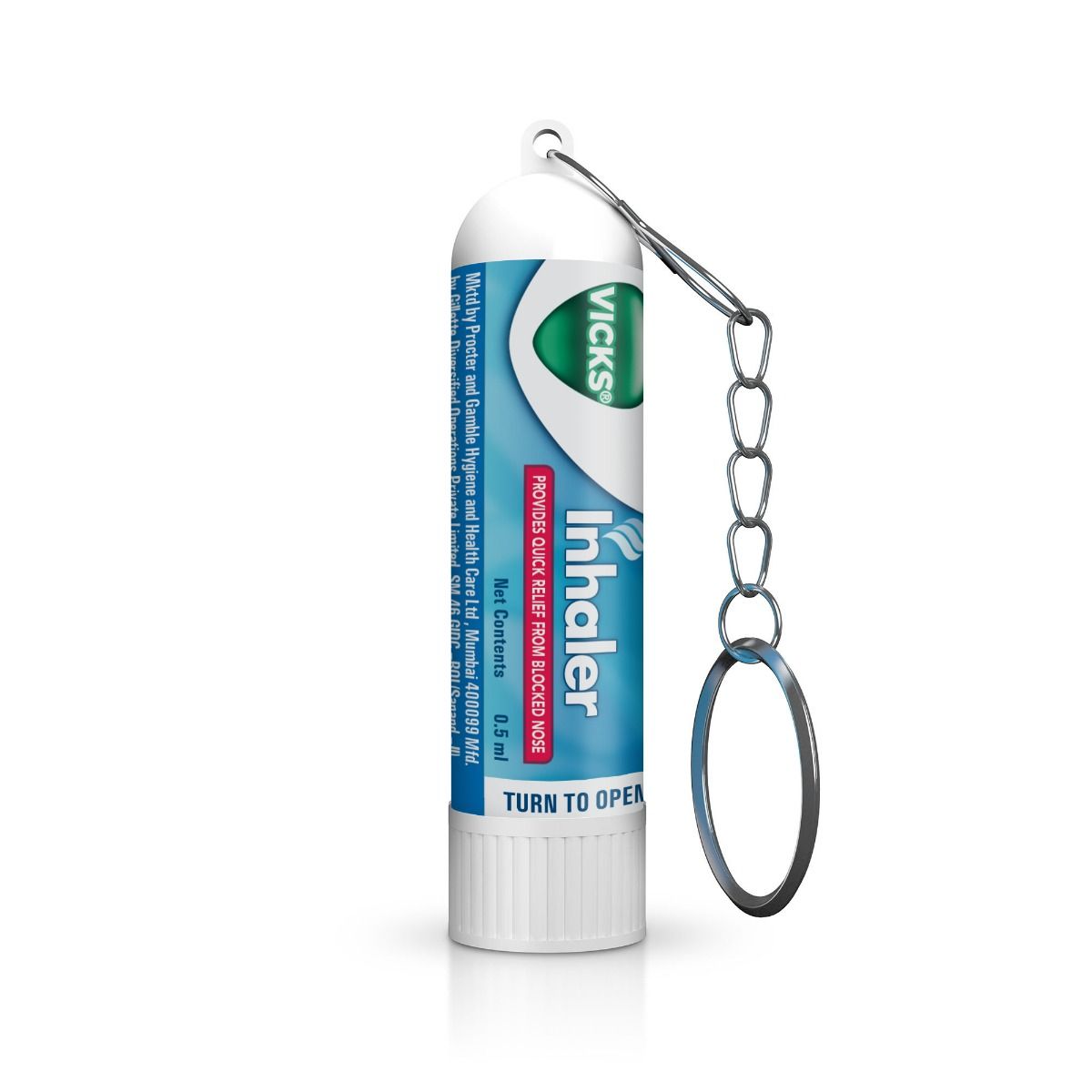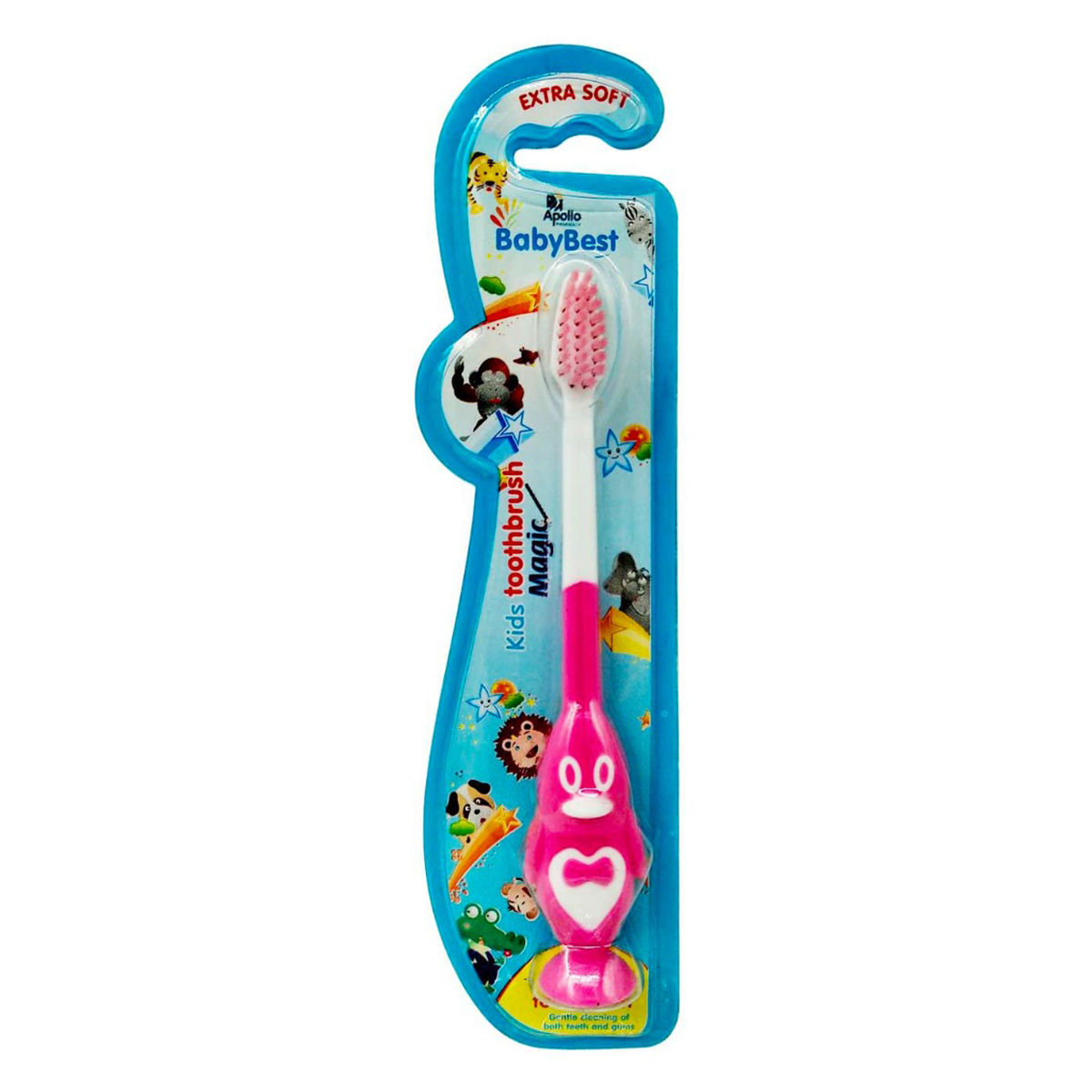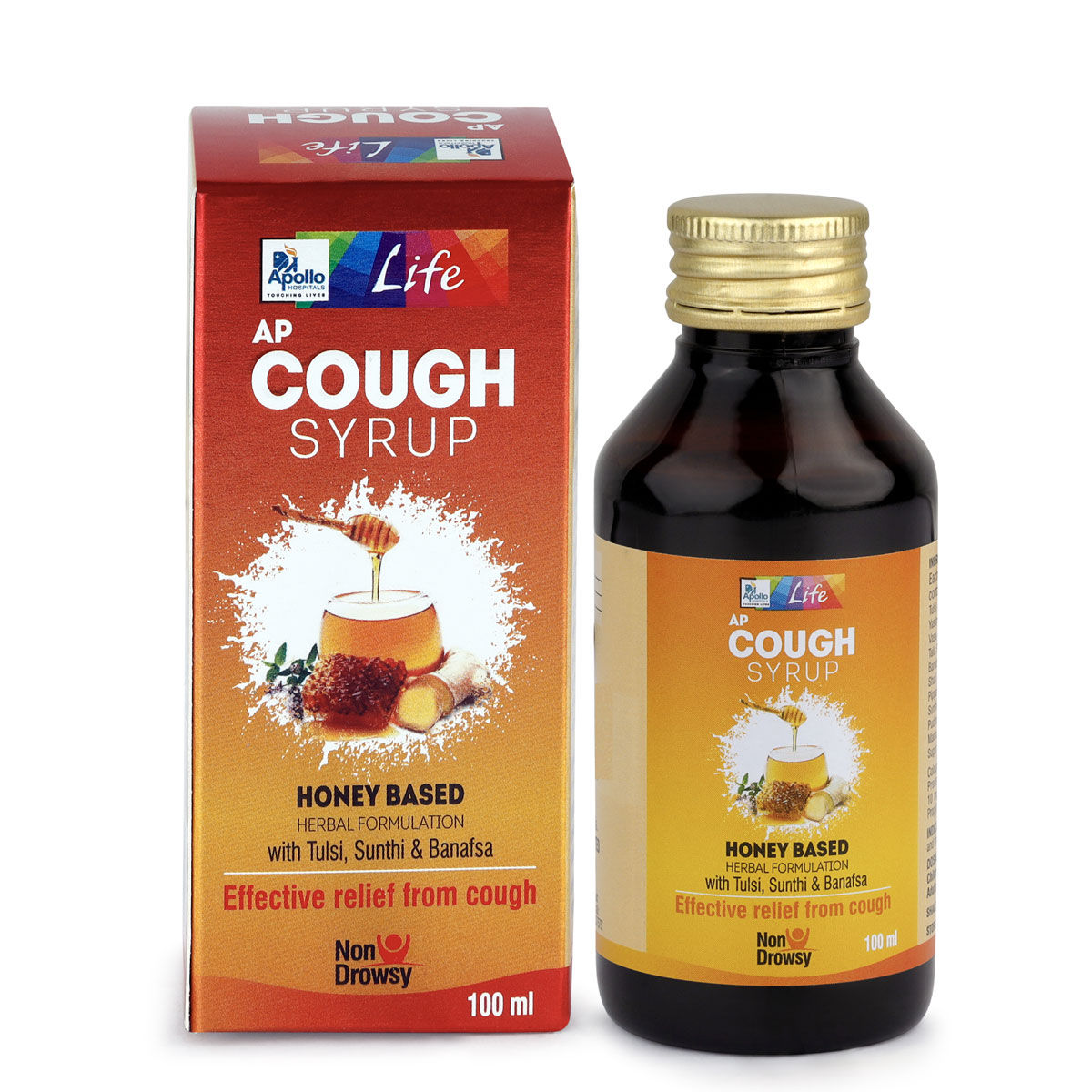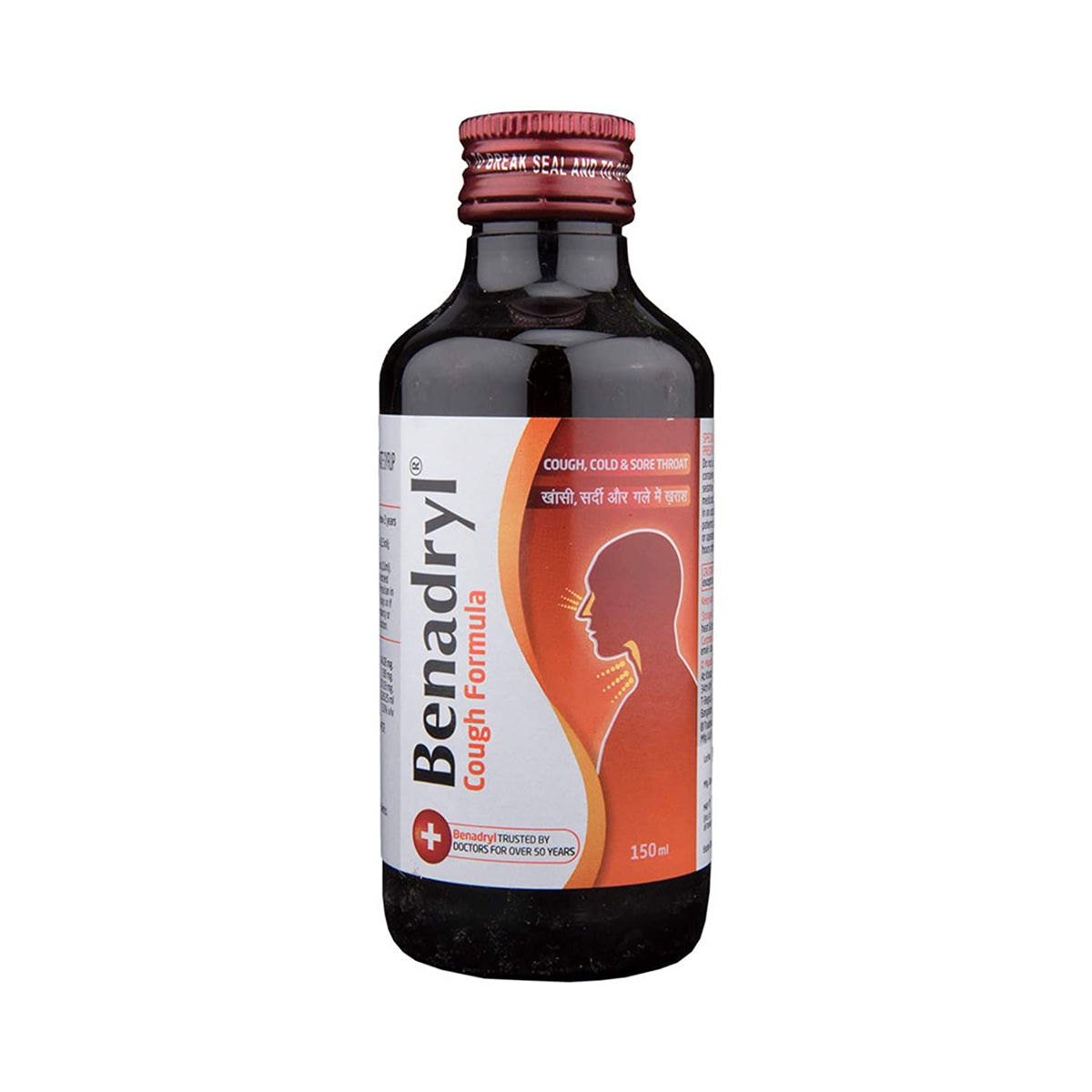Sinarest Syrup 60 ml

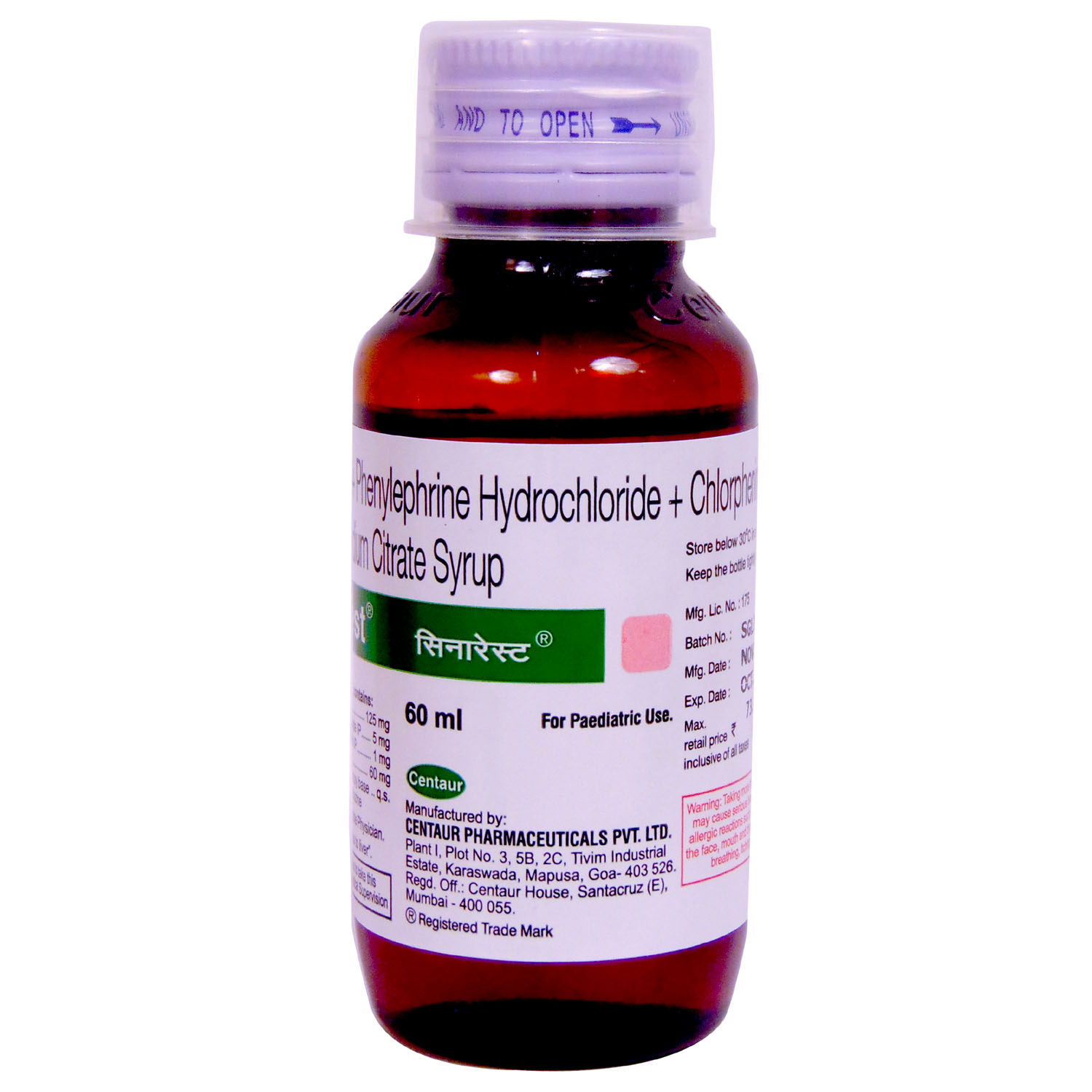
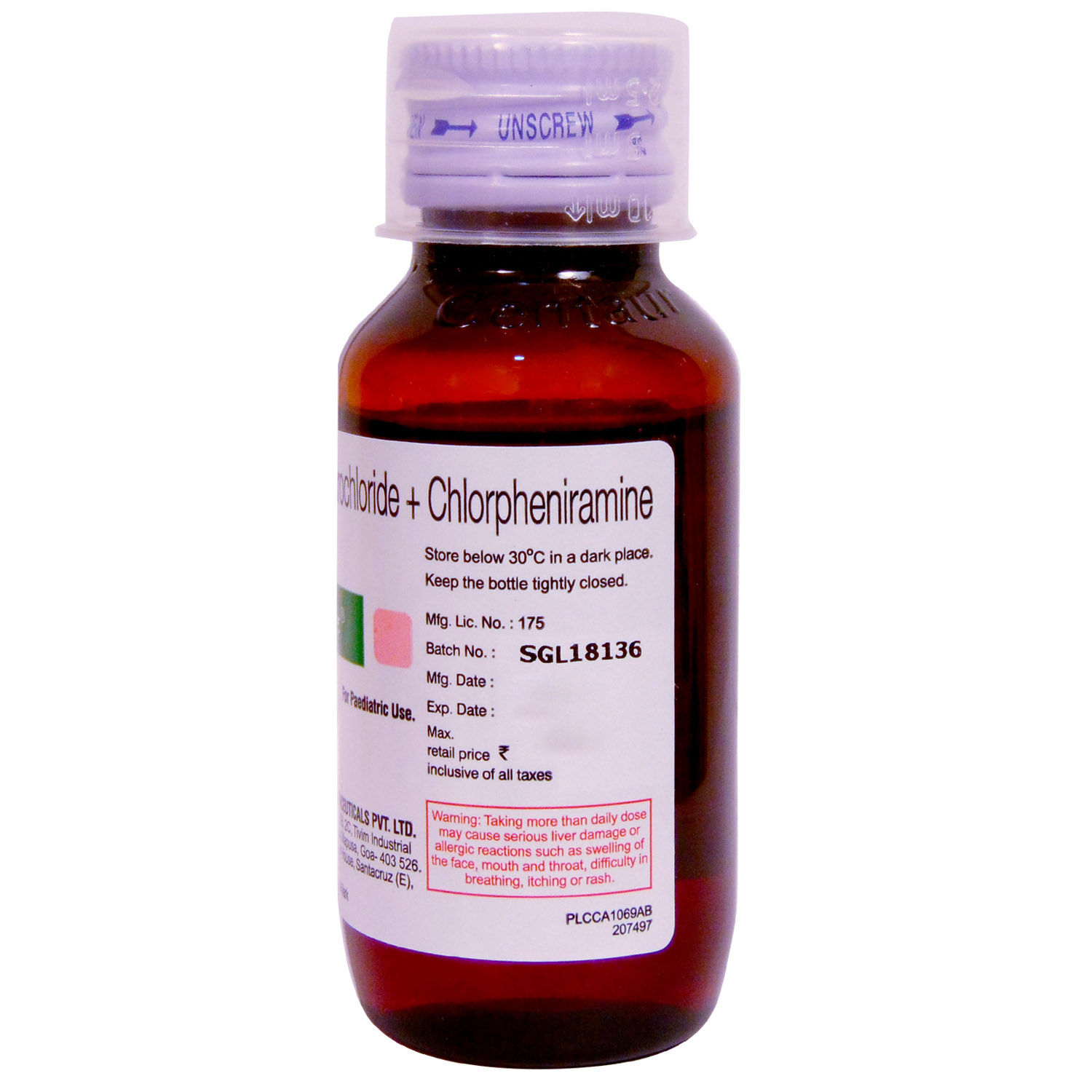
Selected Pack Size:60 ml
60 ml ₹120.2
(₹2 / 1 ml)
In Stock
100 ml ₹131.9
(₹1.32 / 1 ml)
In Stock
₹120.2*
MRP ₹133.5
10% off
₹113.47*
MRP ₹133.5
15% CB
₹20.03 cashback(15%)
Free Delivery
With Circle membership
(Inclusive of all Taxes)
This offer price is valid on orders above ₹800. Apply coupon PHARMA10/PHARMA18 (excluding restricted items)
Sinarest Syrup is used to treat the common cold symptoms such as cough, watery eyes, sneezing, body aches, runny nose, sore throat, and fever in children. It works by blocking the action of histamine, a substance responsible for causing allergic reactions. It helps in shrinking the blood vessels in the nasal passage, thereby reducing a stuffy nose. Also, it works by inhibiting the production of certain chemical messengers in the brain known as prostaglandins responsible for pain and fever. Some children may experience drowsiness, sleepiness, nausea, vomiting, and headache. Before taking this medicine, you should tell your doctor if your child is allergic to any of its components and about all the medications taking and pre-existing medical conditions of child.
Know Your Delivery Time
Provide Delivery Location
 Prescription drug
Prescription drugWhats That

Secure Payment

India's Most Trusted Pharmacy

Genuine Products
Manufacturer/Marketer :
Consume Type :
Return Policy :
Expires on or after :
About Sinarest Syrup
Sinarest Syrup belongs to a class of medication called 'cough and cold medications' primarily used to treat the common cold, like sneezing, watery eyes, or itchy/watery nose and throat in children. The common cold is a respiratory illness affecting the nose and throat, mostly caused by viruses known as 'rhinovirus.' The virus attacks the body through the mouth, nose, or eyes and spreads quickly through droplets in the air when a person who is sick sneezes, coughs, or talks.
Sinarest Syrup is a combination of four different medicines: Chlorpheniramine (anti-histamine), Phenylephrine (a decongestant), Paracetamol (a mild analgesic and antipyretic), and Sodium Citrate (a mucolytic). Chlorpheniramine belongs to the class of antihistamines (anti-allergic drugs) that work by blocking the action of histamine, a substance responsible for causing allergic reactions. Phenylephrine helps in shrinking the blood vessels in the nasal passage, thereby reducing a stuffy nose. Paracetamol is an analgesic (relieves pain) and antipyretic (reduces fever) that works by inhibiting the production of certain chemical messengers in the brain known as 'prostaglandins', responsible for pain and fever. Sodium citrate is a mucolytic agent; it helps to loosen mucus, making it easier to cough out.
Give Sinarest Syrup to the child as prescribed. Your doctor will recommend how often you to give Sinarest Syrup based on the child’s medical condition. The common side effects of Sinarest Syrup that may occur in some children are drowsiness, sleepiness, nausea, vomiting, and headache. If any of these effects persist in your child, consult your doctor for relief. In some cases, Sinarest Syrup may cause a severe allergic skin reaction, probably due to paracetamol, which may disappear in some time.
Talk to your doctor if your child is allergic to any of Sinarest Syrup ingredients and about any existing medical conditions and pre-existing medical conditions before giving Sinarest Syrup to your child; follow as your doctor's instructions accordingly. Increase the intake of fluids to keep the throat hydrated. Stop using Sinarest Syrup immediately and report to the doctor if your child develops an itchy rash, facial swelling, or breathing difficulties. Make your child gargle with warm saltwater for relief.
Uses of Sinarest Syrup
Directions for Use
Medicinal Benefits
Sinarest Syrup is primarily used to treat common cold symptoms. It is a combination of four different medicines: Chlorpheniramine (anti-histamine), Phenylephrine (a decongestant), Paracetamol (a mild analgesic and antipyretic) , and Sodium Citrate (a mucolytic). Chlorpheniramine belongs to the class of antihistamines (anti-allergic drugs) that work by blocking the action of histamine, a substance responsible for causing allergic reactions. Phenylephrine helps in shrinking the blood vessels in the nasal passage, thereby reducing a stuffy nose. Paracetamol is an analgesic (relieves pain) and antipyretic (reduces fever) that works by inhibiting the production of certain chemical messengers in the brain known as 'prostaglandins', responsible for pain and fever. Sodium citrate is a mucolytic; it helps to loosen mucus, making it easier to cough out.
How Sinarest Syrup Works
Storage
What if I have taken an overdose of Sinarest Syrup
Drug Warnings
Talk to your doctor if your child is hypersensitive to Paracetamol, Phenylephrine, and Chlorpheniramine or any other excipients present in Sinarest Syrup. Inform the doctor if your child is having hypertension, hepatic impairment, severe renal failure, or any medical condition before giving Sinarest Syrup. Increase the intake of fluids to keep your child's throat hydrated. Shouldn't give Sinarest Syrup with other antihistamine products, like cough and cold medicines, as it may increase side effects like restlessness or nervousness without consulting a doctor.
Drug-Drug Interactions
Drug-Drug Interactions
Login/Sign Up
Taking Tranylcypromine with Sinarest Syrup 60 ml can increase the risk of high blood pressure.
How to manage the interaction:
Taking Tranylcypromine with Sinarest Syrup 60 ml is not recommended, but can be taken together if prescribed by a doctor. However, consult a doctor if you experience severe headache, blurred vision, confusion, seizures, chest pain, nausea or vomiting, sudden numbness or weakness (especially on one side of the body), speech difficulties, fever, sweating, lightheadedness, and fainting Do not discontinue any medications without consulting a doctor.
Taking Furazolidone with Sinarest Syrup 60 ml can cause an increase in high blood pressure.
How to manage the interaction:
Taking Furazolidone with Sinarest Syrup 60 ml is not recommended, it can be taken if prescribed by the doctor. However, if you experience sudden and severe headache, blurred vision, confusion, seizures, chest pain, nausea or vomiting, sweating, lightheadedness, fainting, sudden numbness or weakness (especially on one side of the body), speech difficulties, fever, consult the doctor immediately. It is advised to use Sinarest Syrup 60 ml only after 14 days of stopping Furazolidone.
Co-administration of Selegiline with Sinarest Syrup 60 ml together can raise blood pressure.
How to manage the interaction:
Taking Selegiline with Sinarest Syrup 60 ml is not recommended, it can be taken together if prescribed by a doctor. However, consult a doctor immediately if you experience any symptoms such as severe headache, blurred vision, confusion, fits, chest pain, nausea or vomiting, sudden numbness or weakness (especially on one side of the body), speech difficulties, fever, sweating, lightheadedness, and/or fainting Do not discontinue any medications without consulting a doctor.
Taking Sinarest Syrup 60 ml with Propofol may lead to increased levels of Sinarest Syrup 60 ml leading to side effects like high blood pressure.
How to manage the interaction:
Taking Sinarest Syrup 60 ml with Propofol is not recommended, but it can be taken if prescribed by the doctor. Do not discontinue the medications without consulting a doctor.
Co-administration of Sinarest Syrup 60 ml with Sevoflurane can increase the levels of Sinarest Syrup 60 ml and lead to side effects.
How to manage the interaction:
Taking Sinarest Syrup 60 ml with Sevoflurane is not recommended, it can be taken if prescribed by the doctor. Do not discontinue the medications without consulting a doctor.
Taking Sinarest Syrup 60 ml and Potassium chloride (in tablet or capsule form) together can increase the risk of stomach ulcers, bleeding, and gastrointestinal injury.
How to manage the interaction:
Taking Sinarest Syrup 60 ml with Potassium chloride it not recommended as it can lead to an interaction, it can be taken if your doctor has prescribed it. However, if you experience any symptoms such as severe stomach pain, bloating, lightheadedness or dizziness, nausea, vomiting (especially with blood), decreased hunger, or dark, tarry stools, consult the doctor. Do not discontinue any medications without a doctor's advice.
Taking Sinarest Syrup 60 ml and Potassium citrate (in tablet or capsule form) together can increase the risk of stomach ulcers, bleeding, and gastrointestinal injury.
How to manage the interaction:
Taking Sinarest Syrup 60 ml with Potassium citrate is not recommended as it can lead to an interaction, it can be taken if prescribed by the doctor. However, if you experience any symptoms such as severe stomach pain, bloating, lightheadedness or dizziness, nausea, vomiting (especially with blood), decreased hunger, or dark, tarry stools, consult the doctor immediately. Do not discontinue any medications without a doctor's advice.
Co-administration of Nortriptyline with Sinarest Syrup 60 ml may lead to side effects like increased blood pressure.
How to manage the interaction:
Although taking Nortriptyline and Sinarest Syrup 60 ml together can result in an interaction, it can be taken if a doctor has prescribed it. Regular monitoring of blood pressure is advised. Do not discontinue any medications without a doctor's advice.
Co-administration of Amitriptyline with Sinarest Syrup 60 ml together may lead to side effects like increased blood pressure.
How to manage the interaction:
Sinarest Syrup 60 ml and amitriptyline could interact, but they can still be taken if they are prescribed by a doctor. It is advised to monitor blood pressure regularly. Without consulting a doctor, never stop taking any medications.
Co-administration of Sinarest Syrup 60 ml with Halothane may increase the risk of an irregular heart rhythm.
How to manage the interaction:
Although taking Sinarest Syrup 60 ml with Halothane together can result in an interaction, it can be taken if a doctor has prescribed it. However, if you experience any symptoms like lightheadedness, fainting, irregular heart beat, dizziness, consult the doctor. Do not discontinue any medications without a doctor's advice.
Drug-Food Interactions
Drug-Food Interactions
Login/Sign Up
Diet & Lifestyle Advise
- Wash your hands with soap and water regularly to prevent the spread of germs.
- Make sure to eat plenty of foods rich in good bacteria, like yoghurt, to improve overall health.
- Ensure your child to drink plenty of fluids to avoid dehydration and keep the throat lubricated.
- Make your child gargle with warm saltwater for relief.
- Restrain your child from having caffeinated products and foods that are spicy and fried. All these can trigger coughing.
Habit Forming
Therapeutic Class
Product Substitutes
Alcohol
Not applicable
-
Pregnancy
Not applicable
-
Breast Feeding
Not applicable
-
Driving
Unsafe
Sinarest Syrup is known to cause drowsiness, so please do not allow your child to ride a bicycle or activity that requires concentration like swimming.
Liver
Caution
Give Sinarest Syrup with caution, especially if your child has a history of Liver diseases/conditions. The dose may be adjusted by your doctor as required.
Kidney
Caution
Give Sinarest Syrup with caution, especially if your child has a history of Kidney diseases/conditions. The dose may be adjusted by your doctor as required.
Children
Safe
Sinarest Syrup is not recommended for children below 2 years. However, it can be given safely to children from 2-12 years.

Have a query?
FAQs
Sinarest Syrup is used to treat the common cold symptoms like sneezing, watery eyes, or itchy/watery nose and throat.
Sinarest Syrup is a combination of four different medicines,  Chlorpheniramine (anti-histamine), Phenylephrine (decongestant), Paracetamol (mild analgesic and antipyretic), and Sodium Citrate (mucolytic). Chlorpheniramine belongs to the class of antihistamines (anti-allergic drugs) that works by blocking the action of histamine, a substance responsible for causing allergic reactions. Phenylephrine helps in shrinking the blood vessels in the nasal passage, thereby reducing stuffy nose. Paracetamol is an analgesic (relieves pain) and antipyretic (reduces fever) that works by inhibiting the production of certain chemical messengers in the brain known as 'prostaglandins' responsible for pain and fever. Sodium citrate is a mucolytic; it helps to loosen mucus, making it easier to cough out.
It is not recommended to give a higher dose than the recommended dose to your child, as it may lead to unpleasant side effects and toxicity. If you feel the severity of your child's symptoms is increasing, please consult your doctor.
Sodium citrate is an additive and a mucolytic agent. It helps to loosen the mucus and hence makes it easier to cough out.
The common side effects of Sinarest Syrup that may occur in some children are drowsiness, sleepiness, nausea, vomiting, and headache. However, these side effects will relieve over time. If any of these effects persist in your child, consult your doctor for relief.
Country of origin
Manufacturer/Marketer address
Customers Also Bought
Disclaimer
Author Details
We provide you with authentic, trustworthy and relevant information
Buy best Respiratory System products by
Cipla Ltd
Glenmark Pharmaceuticals Ltd
Lupin Ltd
Alkem Laboratories Ltd
Sun Pharmaceutical Industries Ltd
Mankind Pharma Pvt Ltd
Macleods Pharmaceuticals Ltd
Zydus Healthcare Ltd
Leeford Healthcare Ltd
Dr Reddy's Laboratories Ltd
Zydus Cadila
Abbott India Ltd
Intas Pharmaceuticals Ltd
Pristine Pearl Pharma Pvt Ltd
Alembic Pharmaceuticals Ltd
Aristo Pharmaceuticals Pvt Ltd
German Remedies Ltd
Zuventus Healthcare Ltd
Wockhardt Ltd
Centaur Pharmaceuticals Pvt Ltd
Koye Pharmaceuticals Pvt Ltd
Ipca Laboratories Ltd
GlaxoSmithKline Pharmaceuticals Ltd
Micro Labs Ltd
Blue Cross Laboratories Pvt Ltd
Seagull Pharmaceutical Pvt Ltd
Med Manor Organics Pvt Ltd
Medishri Healthcare Pvt Ltd
Torque Pharmaceuticals Pvt Ltd
Indiabulls Pharmaceuticals Pvt Ltd
Tablets India Ltd
Adonis Laboratories Pvt Ltd
FDC Ltd
Fourrts India Laboratories Pvt Ltd
Uniza Healthcare Llp
Yash Pharma Laboratories Pvt Ltd
Divine Savior Pvt Ltd
East West Pharma India Pvt Ltd
Corona Remedies Pvt Ltd
J B Chemicals & Pharmaceuticals Ltd
Shreya Life Sciences Pvt Ltd
Wings Pharmacuticals Pvt Ltd
Apex Laboratories Pvt Ltd
Capital Pharma
Skn Organics Pvt Ltd
Unipark Biotech Pvt Ltd
Wanbury Ltd
Biological E Ltd
Icarus Health Care Pvt Ltd
Steris Healthcare
Torrent Pharmaceuticals Ltd
Indoco Remedies Ltd
Navil Laboratories Pvt Ltd
Comed Chemicals Ltd
Dolvis Bio Pharma Pvt Ltd
Entod Pharmaceuticals Ltd
Geno Pharmaceuticals Pvt Ltd
Healthgate Pvt Ltd
Intra Life Pvt Ltd
La Renon Healthcare Pvt Ltd
Precept Pharma
Stedman Pharmaceuticals Pvt Ltd
Vasu Organics Pvt Ltd
Brinton Pharmaceuticals Ltd
Embiotic Laboratories (P) Ltd
Eysys Pharmaceutical Pvt Ltd
Incite Pharmaceuticals
Kepler Healthcare Pvt Ltd
Lincoln Pharmaceuticals Ltd
Megma Healthcare Pvt Ltd
Modi Mundipharma Pvt Ltd
Pfizer Ltd
Timon Pharmaceuticals Pvt Ltd
Aar Ess Remedies Pvt Ltd
Elder Pharmaceuticals Ltd
Emcee Pharmaceuticals (P) Ltd
Foregen Healthcare Ltd
Knoll Pharmaceuticals Ltd
RPG Life Sciences Ltd
Alienist Pharmaceutical Pvt Ltd
Astra Zeneca Pharma India Ltd
Astrum Healthcare Pvt Ltd
Bio Warriors Pharmaceucticals Pvt Ltd
Biochemix Health Care Pvt Ltd
Cadila Pharmaceuticals Ltd
Chemo Healthcare Pvt Ltd
Eisen Pharmaceutical Co Pvt Ltd
Franco Indian Pharmaceuticals Pvt Ltd
Group Pharmaceuticals Ltd
Maneesh Pharmaceuticals Ltd
Morepen Laboratories Ltd
Olcare Laboratories Pvt Ltd
Prevego Healthcare & Research Pvt Ltd
Rnd Laboratories Pvt Ltd
Sanatra Healthcare Ltd
Silver Cross Medisciences Pvt Ltd
Tas Med India Pvt Ltd
Thuyam Life Pvt Ltd
Votary Laboratories (India) Ltd
Zee Laboratories Ltd
Aglowmed Pharmaceuticals Ltd
Alniche Life Sciences Pvt Ltd
Bacans Biotech Pvt Ltd
Best Biotech
Bioceutics Inc
Biochem Pharmaceutical Industries Ltd
Caplet India Pvt Ltd
Delcure Life Sciences Ltd
Druto Laboratories
Elamus Pharmaceuticals Pvt Ltd
Eris Life Sciences Ltd
Flaring Formulations Pvt Ltd
Heal (India) Laboratories Pvt Ltd
Hetero Healthcare Pvt Ltd
Indchemie Health Specialities Pvt Ltd
Iva Healthcare Pvt Ltd
Klm Laboratories Pvt Ltd
Kristal Pharmaceuticals
Laborate Pharmaceuticals India Ltd
Medfence Labs
Mint Pharmaceuticals Pvt Ltd
Msn Laboratories Pvt Ltd
Panacea Biotec Ltd
Samsunn Healthcare Pvt Ltd
Unimarck Pharma India Ltd
Veritaz Healthcare Ltd
Wallace Pharmaceuticals Pvt Ltd
Wellok Pharma
Yuventis Pharmaceuticals
Acron Pharmaceuticals
Ajanta Pharma Ltd
Anhox Healthcare Pvt Ltd
Balin Healthcare Pvt Ltd
Baxium Healthcare
Biophar Lifesciences Pvt Ltd
Bioshine Healthcare Pvt Ltd
Cadila Healthcare Ltd
Dwd Pharmaceuticals Ltd
Emcure Pharmaceuticals Ltd
Floreat Medica Pvt Ltd
Gravitas Formulations
Gujarat Terce Laboratories Ltd
Hbc Life Sciences Pvt Ltd
Hippo Labs Pvt Ltd
Jasvas Biologicals Pharma Pvt Ltd
Jenburkt Pharmaceuticals Ltd
Juggat Pharma Ltd
Karnataka Antibiotics & Pharmaceuticals Ltd
Lemark Remedies
Life Gain Pharma Company
Mars Therapeutics and Chemicals Ltd
Medford Pharmaceuticals
Medsmile Pharmaceuticals Pvt Ltd
Omenta Pharma Pvt Ltd
Samarth Life Sciences Pvt Ltd
Shankus Acme Pharma Pvt Ltd
Signova Pharma
Stadmed Pvt Ltd
Stelios Pharmaceuticals Llp
Ultrapolis Lifesciences Pvt Ltd
Wellwok Pharma
Wellyou Biotech
Acclimate Life Sciences
Adisys Healthcare
Akumentis Healthcare Ltd
Alna Biotech Pvt Ltd
Alvio Pharmaceuticals Pvt Ltd
Aurz Pharmaceutical Pvt Ltd
Avis Lifecare Pvt Ltd
Biovitamins Pvt Ltd
Cachet Pharmaceuticals Pvt Ltd
Chlorophyll Pharmaceuticals
Citizen Life Science Pvt Ltd
Concept Pharmaceuticals Ltd
Deekay Lifesciences
Encore Healthcare Pvt Ltd
Finecure Pharmaceuticals Ltd
Gennext Life Sciences
Gladstone Pharma India Pvt Ltd
Hibiscus Pharmaceuticals Pvt Ltd
Ideal Life Sciences Pvt Ltd
Intra Labs India Pvt Ltd
Jacsims Pharmaceuticals Ltd
Keimed Pvt Ltd
Kinesis Pharmaceuticals Pvt Ltd
MMC Healthcare Ltd
Maestro Healthcare Ltd
May & Baker Pharmaceuticals Ltd
Medgen Drugs And Laboratories Pvt Ltd
Neon Laboratories Ltd
Nest Pharma
Nexkem Pharmaceuticals Pvt Ltd
Noel Pharma India Pvt Ltd
Ordain Health Care Global Pvt Ltd
Orn Remedies Pvt Ltd
Overseas Health Care Pvt Ltd
Ozone Pharmaceuticals Ltd
Pedison Pharma
Rhine Biogenics Pvt Ltd
Ronish Bioceuticals
Ronyd Healthcare Pvt Ltd
Scott Edil Pharmacia Ltd
Smart Laboratories Pvt Ltd
Sunij Pharma Pvt Ltd
Swisskem Healthcare
TTK Healthcare Ltd
Unimarck Healthcare Pvt Ltd
Venus Remedies Ltd
Vivid Biotech (India) Pvt Ltd
West Coast Pharmaceuticals Pvt Ltd
Winheal Healthcare Llp
Zoic Life Sciences
AMICA LIFE SCIENCE
Acme Pharmaceuticals
Altcare Pharmaceuticals Pvt Ltd
Anchem Laboratories Pvt Ltd
Aptus Pharma Pvt Ltd
Bayer Pharmaceuticals Pvt Ltd
Borntowin Health Care
Cadomed Pharmaceuticals India Pvt Ltd
Clyde Pharmaceutical Pvt Ltd
Dales Laboratories Pvt Ltd
Dr Moni Pharmaceuticals Pvt Ltd
Esteve Pharma Pvt Ltd
Femgrace Formulations
Galpha Laboratories Ltd
Grandcure Healthcare Pvt Ltd
Gufic Bioscience Ltd
Hauz Pharma Pvt Ltd
Hegde & Hegde Pharmaceutica Llp
Hetero Drugs Ltd
Ind-Swift Ltd
Indi Pharma Pvt Ltd
Inga Laboratories Pvt Ltd
Innovative Life Sciences Pvt Ltd
Kham Pharma
Klokter Life Sciences Ltd
Lifeline Healthcare Pvt Ltd
Mankind Prime Labs Pvt Ltd
Mediwin Laboratories
Medopharm Pvt Ltd
Merril Pharma Pvt Ltd
Meyer Organics Pvt Ltd
Mtcare Lifesciences Pvt Ltd
Narankaa Pharma
Nextgen Healthcare
Nouvelle Pharmaceuticals
Nutrilis Healthcare Pvt Ltd
Orris Pharmaceuticals
Rapross Pharmaceuticals Pvt Ltd
Resolute Healthcare
Rite Labs
Sanify Healthcare Pvt Ltd
Seagull Laboratories (I) Pvt Ltd
Shivanee Healthcare
Siloam Pharmaceuticals Pvt Ltd
Silok Pharmaceuticals
Stanford Organics
Synchem Laboratories Pvt Ltd
Systemic Healthcare
Torway Pharmacia Pvt Ltd
Trizova Pharmaceuticals
United Biotech Pvt Ltd
United Laboratories
Venera Pharma
Venmed Life Science Pvt Ltd
Ventus Pharma
Wellcure Lifesciences
Zota Health Care Ltd
AAA Pharma Trade Pvt Ltd
Aamorb Pharmaceuticals Pvt Ltd
Aareen Healthcare Pvt Ltd
Akmma Laboratories Pvt Ltd
Alcott Healthcare Pvt Ltd
Anglo French Drugs & Industries Ltd
Astrica Biomedics Pvt Ltd
Auster Lifescience Pvt Ltd
Aver Pharmaceuticals Pvt Ltd
Axenic Healthcare
BMW Pharmaco India Pvt Ltd
Bayu Healthcare Pvt Ltd
Biobright Pharmaceuticals
Biomax Biotechnics Pvt Ltd
Biotron Healthcare Pvt Ltd
Blubell Pharma
Brio Bliss Life Science Pvt Ltd
Care Fine Drugs Pvt Ltd
Century Life Science Pvt Ltd
Crescent Formulations Pvt Ltd
Cutera Healthcare Pvt Ltd
Cycus Healthcare Pvt Ltd
DR Johns Lab Pharma Pvt Ltd
Deepkamal Health Services Pvt Ltd
Dhamus Pharma
Divine Saviour Pvt Ltd
Drs Biopharma (OPC) Pvt Ltd
ELIS Pharmaceuticals India Pvt Ltd
East India Pharmaceutical Works Ltd
Eg Lifecare Services Pvt Ltd
Endocard India Pvt Ltd















